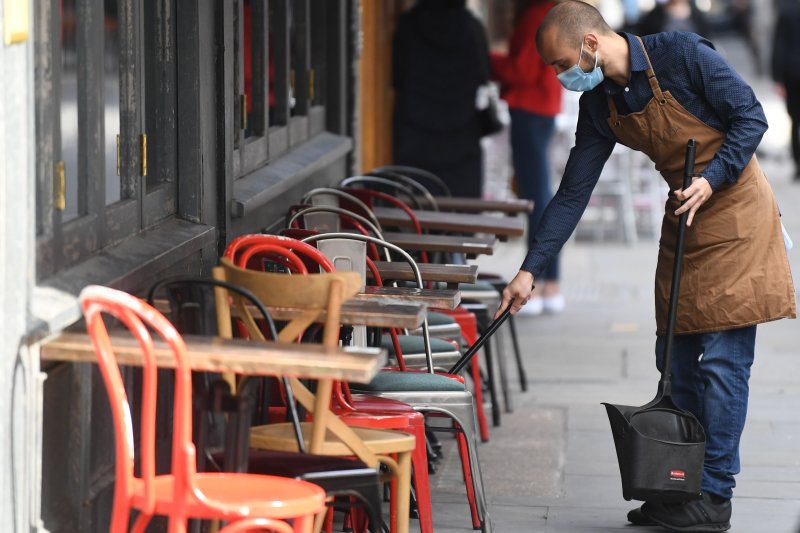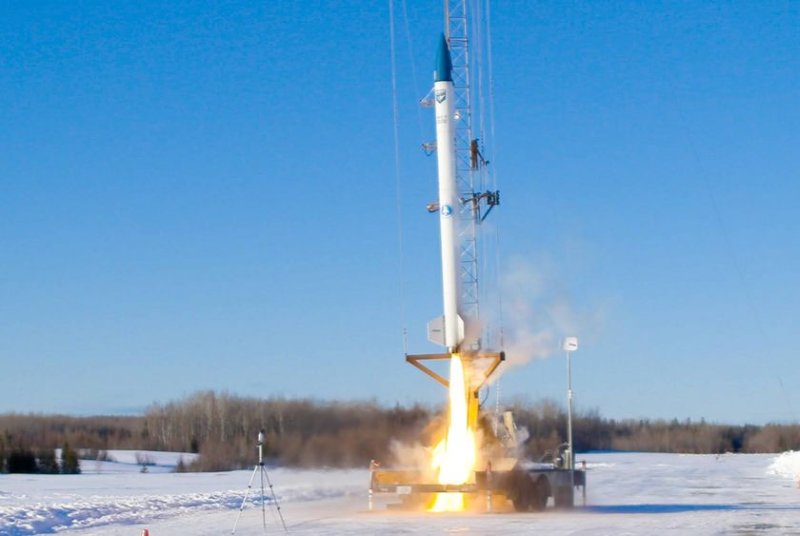By JULHAS ALAM and Al-EMRUN GARJON

1 of 13
CHITTAGONG, Bangladesh (AP) — Authorities in Bangladesh struggled Monday to determine the cause of a devastating fire that killed at least 41 people, including nine firefighters, and injured more than 100 others at a shipping container storage depot, as experts raised concerns over the country’s industrial safety standards.
Efforts to fully extinguish the fire at the BM Inland Container Depot, a Dutch-Bangladesh joint venture near the country’s main Chittagong Seaport, continued Monday after it broke out around midnight Saturday following explosions in a container full of chemicals. The explosions were felt as far as 4 kilometers (2 1/2 miles) away, officials and local media said.
Authorities said there were more than 4,000 containers at the depot, of which about 1,000 were filled with materials including chemicals.
Nearly 40 hours after the initial explosion, smoke was still coming out of some containers. Explosives experts from the military were called in to assist the firefighters.
Officials said the number of casualties rose dramatically over the weekend because many workers and firefighters were unaware of the chemicals stored at the depot and went too close to the containers. A total of 21 firefighters were either killed or injured.
On Monday, authorities began collecting DNA samples from relatives of victims because severe burns made many of the bodies unrecognizable.
Elias Chowdhury, the area’s civil surgeon, said the death toll was revised down from 49 on Monday, citing errors in earlier counting.
Mominur Rahman, a senior official in Chittagong, about 210 kilometers (130 miles) southeast of Dhaka, the capital, said some bodies were taken to a hospital where they were counted, and were later taken to a second hospital where they were counted again, resulting in the error.
The fire raised concern over whether such storage facilities in Bangladesh observe proper safety standards.
Khairul Alam Sujan, vice president of the Bangladesh Freight Forwarders Association, said Sunday that containers with hazardous chemicals are often kept near those with garment products ready for export.

Firefighters said more than a dozen containers stored hydrogen peroxide, which helped spread the fire, but it was still unclear what caused the initial powerful blast.

Containers of chemicals lie scattered after explosion at the BM Inland Container Depot, where a fire broke out around midnight Saturday in Chittagong, about 210 kilometers (130 miles) southeast of, Dhaka, Bangladesh, Monday, June 6, 2022. Dozens of people were killed and more than 100 others were injured after the inferno broke out following explosions in a container full of chemicals. (AP Photo)

Containers of hydrogen peroxide, lie scattered after explosion at the BM Inland Container Depot, where a fire broke out around midnight Saturday in Chittagong, about 210 kilometers (130 miles) southeast of, Dhaka, Bangladesh, Monday, June 6, 2022. Dozens of people were killed and more than 100 others were injured after the inferno broke out following explosions in a container full of chemicals. (AP Photo)
Bangladeshi media blamed the high death toll on poor industrial safety standards.
“The fire … is the latest in an ever-growing list of tragedies that put Bangladesh’s appalling industrial safety record once again under the spotlight,” the Daily Star newspaper said in an editorial Monday.
“The poor infrastructure and institutional preparedness for industrial safety … makes such fire incidents almost inevitable,” it said.
The International Labor Organization said in a 2020 report that Bangladesh needs a “credible and accountable industrial safety governance structure.”
Bangladesh has a history of industrial disasters, including factories catching fire with workers trapped inside. Monitoring groups have blamed corruption and lax enforcement.
In the country’s garment industry, which employs about 4 million people, safety conditions have improved significantly after massive reforms, but experts say other sectors need to make similar changes.
In 2012, about 117 workers died when they were trapped behind locked exits in a garment factory in Dhaka.
The country’s worst industrial disaster occurred the following year, when the Rana Plaza garment factory outside Dhaka collapsed, killing more than 1,100 people.
In 2019, a blaze ripped through a 400-year-old area cramped with apartments, shops and warehouses in the oldest part of Dhaka and killed at least 67 people. Another fire in Old Dhaka in a house illegally storing chemicals killed at least 123 people in 2010.
In 2021, a fire at a food and beverage factory outside Dhaka killed at least 52 people, many of whom were trapped inside by an illegally locked door.
___
Alam reported from Dhaka, Bangladesh.
















